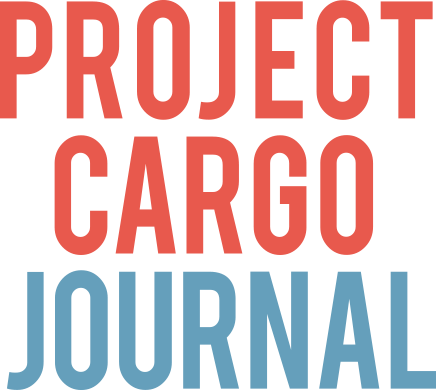BIFA welcomes UK’s stance on liner consortia
NewsThe British International Freight Association, which represents the interests of most freight forwarders and logistics companies in the UK, is pleased that the UK Government will not press for new legislation once the EU’s Consortia Block Exemption Regulation ends on 25 April.




